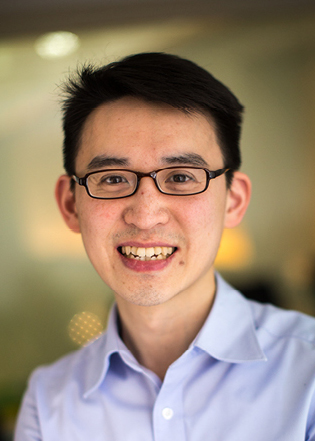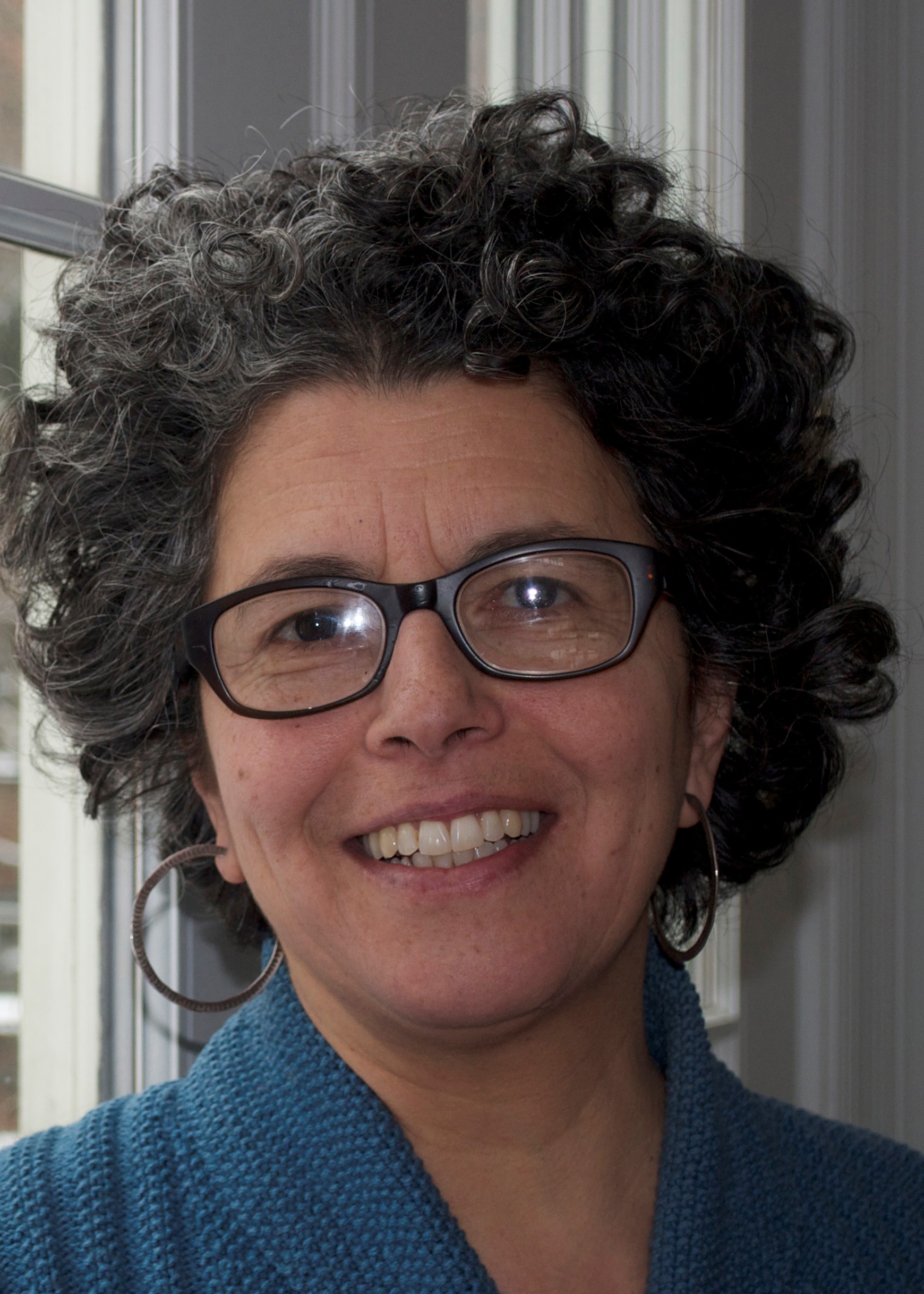Research in the Culotta lab focuses on the role of metal ions and oxygen radicals in biology and disease. Metal ions such as copper, iron and manganese are essential micronutrients for both microbial pathogens and their animal hosts, and during infection, a tug of war for these nutrients ensues at the host-pathogen interface. As part of our immune response, we withhold essential metals from pathogens and also bombard them with free radicals or so-called reactive oxygen species (ROS). Successful pathogens have evolved clever ways to thwart these assaults by the host. Using a combination of biochemical, cell biology, and molecular genetic approaches we are exploring how microbes and their animal hosts use weapons of metals and ROS at the infection battleground. Our current emphasis is on pathogenic fungi including the most prevalent human fungal pathogen, Candida albicans and the emerging “superbug” fungal pathogen, Candida auris.
Jennifer Elisseeff’s initial research efforts focused on the development of biomaterials for studying stem cells and designing regenerative medicine technologies for application in orthopedics, plastic and reconstructive surgery, and ophthalmology. In clinical translation of these technologies, the group recognized the importance of the immune response in regenerative medicine responses. This led to a significant shift in research efforts to biomaterials-directed regenerative immunology and leveraging the adaptive immune system to promote tissue repair. The group is now characterizing the immune and stromal environments of healing versus non-healing wounds and tumors. Biomaterials are now being applied to model and manipulate tissue environments and studying the impact of systemic and environmental factors such as aging and senescent cells, sex differences, and infection/microbiome on tissue repair and homeostasis.
Dr. Jaffee’s laboratory focuses on mechanisms of sensitivity and resistance to immune based therapies in mouse models and human models of pancreatic cancer. Areas of specific interest include understanding the inflammatory responses that are associated with cancer development and progression in pre-clinical and clinical models, and development of interventions to bypass specific inflammatory signals. Current projects aim to understand the pancreatic cancer tumor micro-environment and the inflammation that helps shape the tumor micro-environment early, beginning with the pre-malignant changes that are linked to the driver gene changes known to initiate pancreatic cancers (mutated Kras and p53). Her work is driving the discovery of pancreatic cancer immunobiology, and these findings are quickly being translated into immunotherapies that are showing promise for this previously immune resistant cancer. Further, she is using state of the art technologies to dissect the tumor microenvironment in mice and pancreatic cancer patients.
The Jenkins-Lord Laboratory focuses on understanding the molecular consequences of breast cancer disparities in African American women. This is accomplished through investigating the interplay between the molecular, genetic, environmental, and social contributors to breast cancer risk, and how these impact cancer outcomes in this population. Additionally, we have a special interest in characterizing how the immune microenvironment and gene expression are modulated in breast cancer based on this increased socio-environmental risk.
The overarching goal of our research is to uncover the mechanisms mediating sex differences and the effects of pregnancy on immune responses to microbial infection and vaccination. Our data point to sex steroids signaling through sex steroid receptors as critical pathways modulating immune responses to infection and vaccination. We work with microbes, including influenza, Zika, and SARS-CoV-2 viruses as well as TB and malaria. Our group works with human samples, animal models, and cell culture systems. Trainees learn state-of-the-art immunological, microbiological, and genetic methods along with experimental design, statistical analyses, writing, and presentation skills.
The Leung Lab studies gene regulation using multi-disciplinary and quantitative imaging, genomics and proteomics approaches, to uncover novel roles of RNA metabolism, biomolecular condensates, and post-translational modifications.
We develop technology, such as proteomic and single-molecule tools to dissect the roles of a post-translational modification called ADP-ribosylation. My lab seeks to translate our basic scientific findings to disease therapy, e.g., PARP inhibitors in cancers and macrodomain inhibitors to fight Chikungunya viral infection and COVID-19.
Research in my laboratory focuses on understanding the cellular and molecular mechanisms that control immune responses, with a particular emphasis on how metabolism governs this process. Currently our work is focused on the role of metabolism in T cell differentiation and function, as well as in regulating other immune cell types, such as macrophages. My laboratory is committed to using a wide variety of approaches to address key questions in immune cell metabolism in vitro and in vivo, and how this impacts protective immunity to infection and cancer. We hope that our work will allow us to develop new ways to target immune cell longevity, differentiation, and function through metabolism, with a long-term goal of mitigating human disease.
My laboratory is interested in the molecular mechanisms by which cells interpret signals from their environment that instruct them to proliferate, differentiate, or die by apoptosis. A particular focus of the lab is the regulation of NF-κB, a pleiotropic transcription factor that is required for normal innate and adaptive immunity and which is inappropriately activated in several types of human cancer.
My laboratory studies how the gut microbiota influences disease pathogenesis. Our two areas of focus are determining how specific bacteria or communities of bacteria contribute to colon cancer and responses to immune checkpoint immunotherapy. As a pathogenesis laboratory, we use multiple approaches to achieve our goals including studies in humans and mouse models, microbiology, bioinformatics and immunologic methods. We also have an increasing interest in metabolites influencing host:microbial interactions. We hope to contribute to ways to prevent colon cancer and to improve immunotherapy outcomes for patients.
The Sinnis Laboratory studies the sporozoite stage of Plasmodium, the infectious stage of the malaria parasite, inoculated by mosquitoes into the mammalian host. The impressive journey of sporozoites, from the midgut wall of the mosquito where they emerge from oocysts, to their final destination in the mammalian liver, is the major focus of our investigations. Using classic biochemistry, mutational analysis, intravital imaging, and proteomics, we aim to understand the molecular interactions between sporozoites and their mosquito and mammalian hosts that lead to the establishment of malaria infection.
Dr. Smith’s lab focuses on defining the functional programming of tumor-specific CD4+ and CD8+ T cells as it relates to response to immunotherapy. Owing to her interest and expertise in this area, her lab has collaborated with many clinicians within Johns Hopkins and at outside institutions on immunotherapy clinical trials aimed at improving treatment options, preventing disease recurrence, and understanding the predictors of response to treatment in both early and advanced-stage disease.
My laboratory is broadly interested in how dNTP pool levels and composition influence genetic stability, adaptive and innate immunity, inflammation, carcinogenesis, cellular senescence and aging. Current work in the lab focuses on elucidating how the dNTPase and DNA/RNA binding activities of the enzyme SAMHD1 lead to HIV-1 restriction in macrophages, anticancer drug resistance, and cellular DNA repair. Our long-range goal is to design novel small molecules that inhibit or activate the various activities of SAMHD1 in cells for antiviral, anticancer, and anti-inflammatory therapeutic uses.
Our laboratory is interested in investigating the signal transduction and gene regulation in bacterial infection- and genotoxic stress-associated colonic inflammation and tumorigenesis, using a combination of genetic, immunological, molecular, and cellular approaches. We are studying the molecular/cellular mechanisms and pathophysiological significance of the novel and critical pathogen-host interactions and DNA damage responses that can be mechanistically linked to colon cancer etiology in mice and humans.













